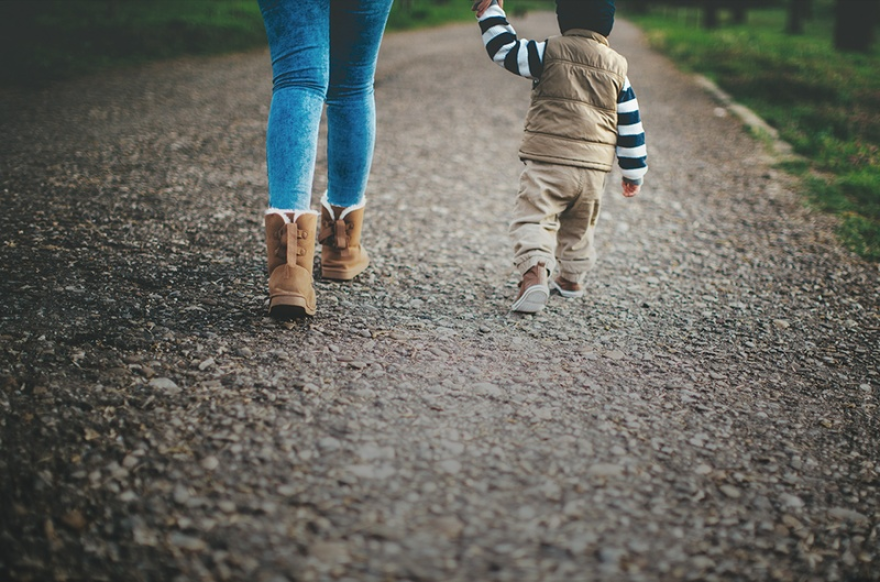There are still many unknowns about the fate of children separated from their families at the border. But in a recent investigation by the Associated Press, reporters discovered loopholes that could lead to deported parents losing their kids to adoption in the U.S.
Garance Burke is one of the reporters who investigated this story for the Associated Press. She tells the story of a mother and daughter from El Salvador who journeyed to the U.S.-Mexico border, hoping to gain asylum in the U.S.
"But then things went wrong when they were separate by U.S. officials," Burke says. "The mother was deported back to El Salvador, but the two-year-old was placed into the U.S. federal foster-care system."
The girl, Alexa, ended up in a long-term foster home in Grand Rapids, Michigan.
Burke says Bethany Christian Services, a foster-care agency that places children under contract with the U.S. government, placed Alexa with a foster family. Burke says the foster parents became concerned that Alexa had been abused before being placed in their care.
"They went ahead and tried to gain full guardianship of Alexa, in a Michigan state court," Burke says.
The federal government said the state court did not have the authority to give guardianship to the foster parents.
Burke says the AP story points out loopholes in the system that cares for children of asylum-seekers, once they have been separated from their parents, that make it possible for children to be taken away from their parents indefinitely.
"They could end up ultimately being adopted by U.S. families," Burke says.
That could be a positive outcome if a child asks to be adopted or is a victim of trafficking. But the "piecemeal" system doesn't limit permanent separations to those special circumstances.
Burke says nine of the 500 children Bethany Christian Services has placed in foster care have been adopted in the U.S.
The process of moving from the border to a foster placement to adoption "doesn't happen overnight," Burke says.
"Experts told us that the risk is really growing for these kinds of hearings to come before state court judges who may not be entirely up to speed on how federal custody of migrant children works," Burke says.
Written by Shelly Brisbin.



